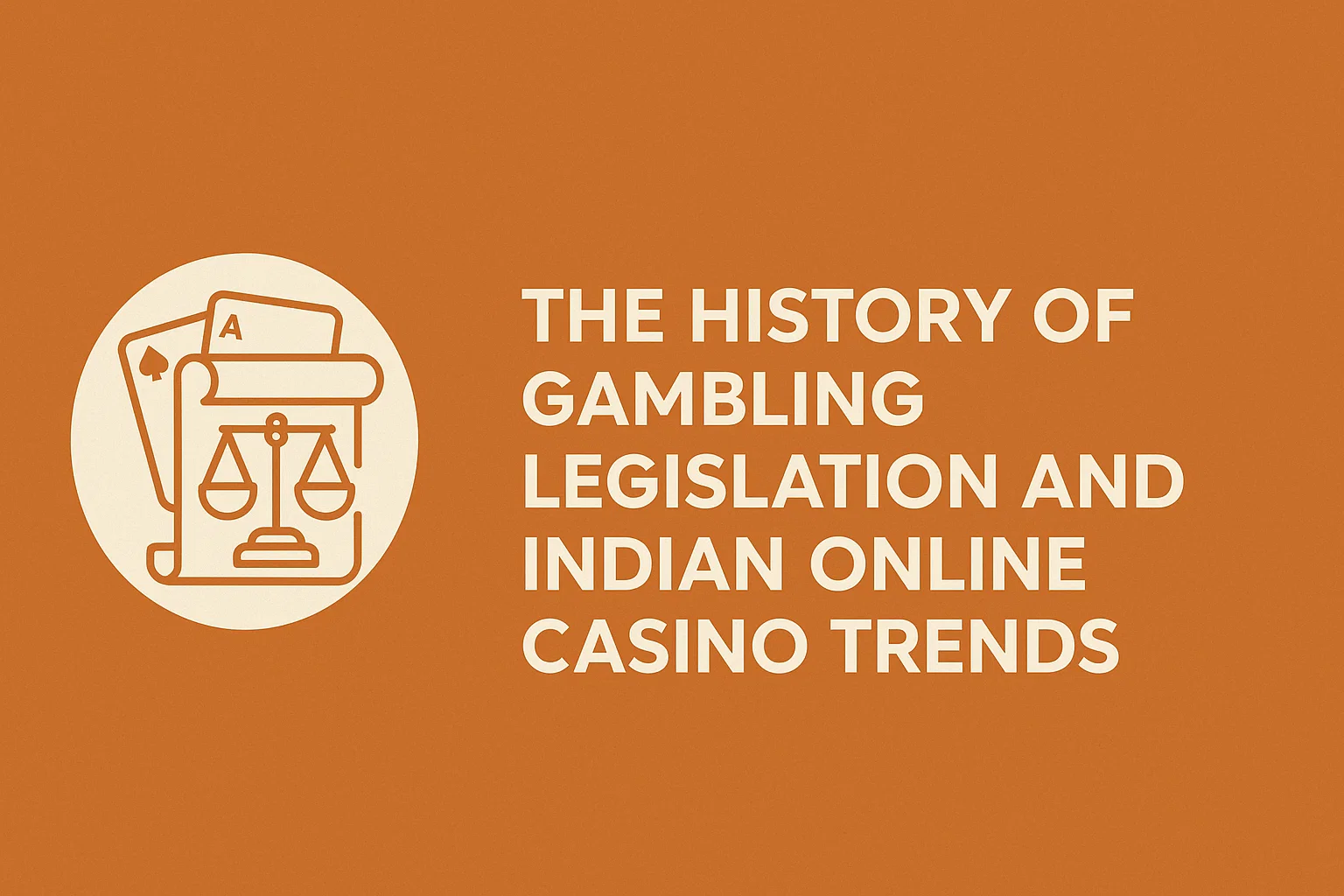The History of Gambling Legislation and Indian Online Casino Trends

We have created an authoritative guide to the situation for online casinos in India, including:
- Historical background of the legislation on gambling
- Current laws and iGaming control in India
- Top games and promotions
The History of Gambling Laws in India
India is also among the oldest regions where gambling activities were first developed. Early writings like the Ramayana reference ancient amusements, like the playing of dice to determine matters—a practice that would eventually be transmitted across the world. Today, such traditions have been adapted into offline and online versions with aviator in India being a title that gained very much popularity among modern-day players.
Even before international expansion of exploration, India had well-developed traditions for games of chance, and early forms of casinos have been discovered in cities like Delhi and Mumbai. Activities of animal combat, such as cockfighting, were popular long before they became renowned elsewhere.
European colonial influence in the area began great changes, specifically with regards to law. Organized statutes in the form of enacted legislation provided the framework of India's contemporary gambling society. Why did a single piece of legislation continue to hold relevance to this day? And how is the primary legal difference between poker and roulette that continues to impact India's regulation?
Let us proceed in this vein.
The Public Gambling Act: A Colonial Legacy
In colonial times, gambling became widespread across India. Crude games like cricket, which remains India's most popular game, became common pursuits for gambling. But as there was more illegal gambling, so did attendant criminal issues: alcoholism, brutality in recovering debts, and general lawlessness.
To address these problems, colonial administrations introduced a nationwide legal statute in the shape of the Public Gambling Act. It did not ban all gambling in toto, but largely restricted and delegalized bricks-and-mortar gaming houses. The way this was done is well worth noting.
Game of Chance vs. Game of Skill
The lawmakers chose to group gambling games into two categories: chance games and skill games. Games whose outcome depended entirely on chance—like dice or roulette—were banned. Simple card games fell into this category as well.
Conversely, games of skill such as poker and rummy (in its well-established Indian variant) were permitted. Dominoes and chess remained legal, with some latitude for computation of moves. What's fascinating is that whoever signed this legislation probably never imagined its enduring impact.
Over time, India has earned global acclaim for its cultural output, cuisine, and techno-acumen. During this journey, the same Public Gambling Act has stayed on to define the country's gambling environment—both online and offline.
Now, India's gambling regulation is highly complex and based on regions. The country's law applies to every state in India, but each state may also have its own amendments. Additionally, there is a federal information technology law that applies to illegal transactions but doesn't directly address gambling.
Online gambling is permitted in a few states like Goa and Sikkim, which also have casinos. A few states in the southeastern part of the country, including Chhattisgarh, Andhra Pradesh, Tamil Nadu, and Telangana, enacted outright bans on online gambling.
In all of the Indian states, except for one, there aren't any additional rules enforced—leaving online casinos in a legal gray area without regulation. Interestingly, despite the prohibitions, it's extremely hard to prosecute individual players due to the lack of enforcement and technological surveillance. This leaves the country in an odd position: the regulations are on the books, but most times, they're left unenforced or behind current digital realities.
Most Popular Activities and Games
Despite regulatory loopholes, the Indian gambling market is growing, with high user engagement and popularity among affiliate marketers. Western-style games like roulette and poker and even traditional Indian games like rummy are sought after.
Lottery and bingo are common in India, as in Latin America. However, offshore online gambling websites dominate the market, and this poses a very serious problem. The websites do not contribute to the national economy and serve as conduits for capital outflow.
They have a large variety of slots and international games. Indian gamblers are no different from gamblers anywhere else around the world—nervously spinning the reels for such titles as Book of Ra or Crazy Monkey, hoping for their luck to come.




